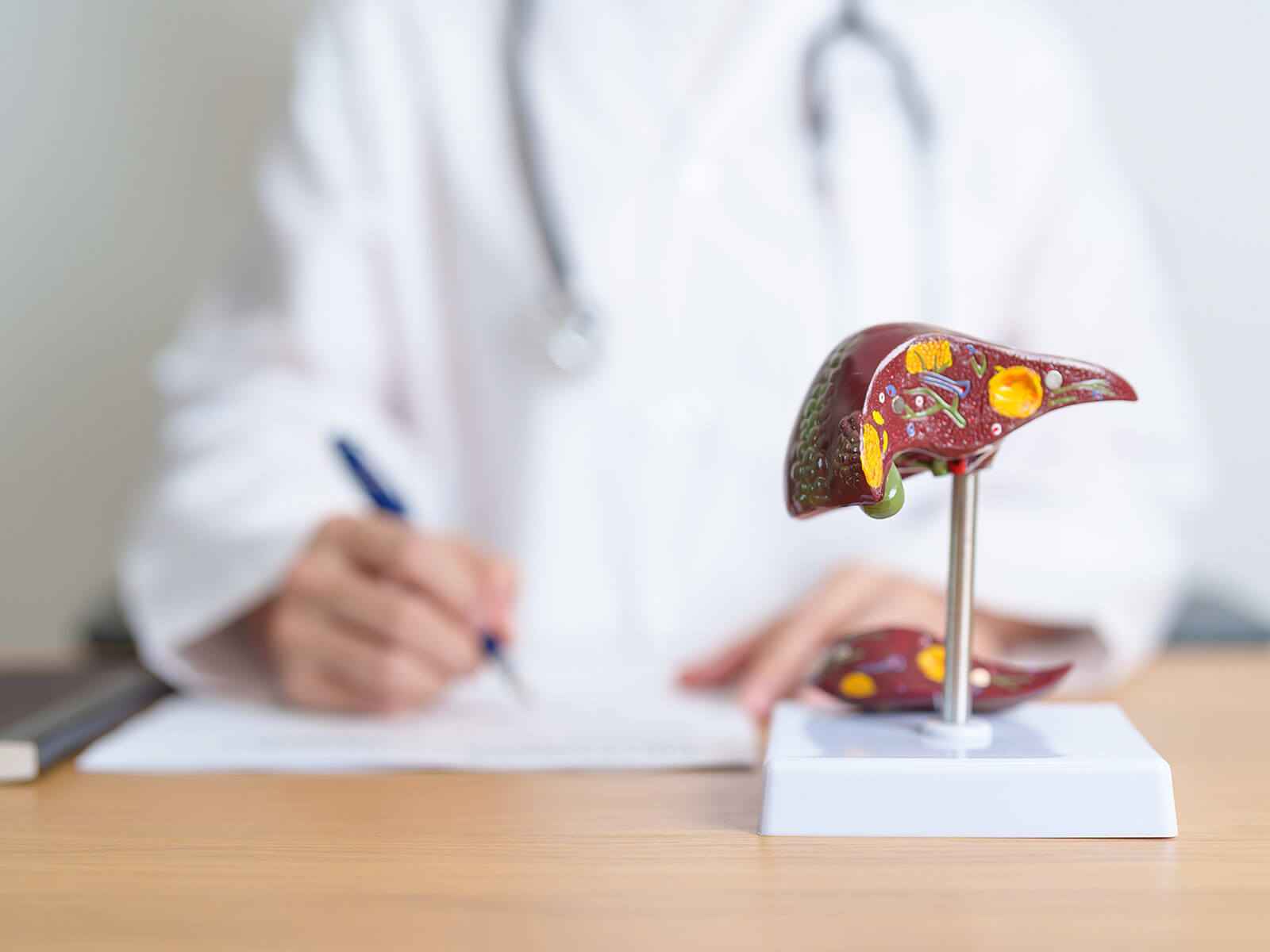
Cardiac cirrhosis refers to the damage of the liver that occurs due to the failure of the heart to pump the blood in the right manner. As a result of the functioning of this poor heart, blood backs up into the liver. In the long run, this pressure may scar the liver. Expressed in straightforward words, cardiac cirrhosis implies that the liver has been damaged due to chronic heart diseases. And in case you have been asking yourself, "What is cardiac cirrhosis?," this is a kind of way to know what is happening to you.
Cardiac cirrhosis may not cause symptoms early on. As the condition gets worse, you may notice:
This condition is most often caused by long-term issues with the right side of the heart. Other causes may include:
In Cypress, GastroDoxs focuses on heart-related liver treatment, as we take gastroenterology competencies and expertise in cardiology to provide a strong approach in the treatment of cardiac cirrhosis. We offer advanced diagnostics and treatment plans tailored to the needs of our patients and provide an effective structured cooperation with your heart team. Don't wait book your appointment today and you will allow us to support you to have a better heart and liver health.
We've successfully treated more than 1.5K patients, helping individuals improve their digestive health and overall well-being through expert, personalized care.
With over 20 years of experience, GastroDoxs has been a trusted provider of gastroenterology care, focusing on delivering the best outcomes for patients
Long-term right-sided heart failure, which leads to liver congestion and fibrosis, causes cardiac cirrhosis. Heavy drinking, which causes alcohol toxicity, causes alcoholic hepatitis, and viral infection causes viral hepatitis.
Yes. This happens due to chronic back-up of blood in the liver's veins, an overbuilding of pressure in the portal system with resultant portal hypertension and the emergence of such complications as ascites and varices.
Diagnosis normally involves blood tests, which can measure liver functioning, imaging (ultrasound, CT or MRI) to know the structure of the liver, and a liver biopsy in some cases to be certain about scarring. Heart tests (echocardiogram, ECG) show the presence of underlying heart failure.
Although the current liver scarring (cirrhosis) cannot be fully reversed, heart failure underlying it can be treated as well as the symptoms, which means that the damage can be prevented and the quality of life may be improved.
No. Cardiac cirrhosis is not genetic. It is produced as a consequence of heart disease or dysfunction. It occurs as a result of prolonged pressure overload of the liver because of heart failure.
Control salt consumption to diminish the weight of fluid retention, steer clear of processed and sodium-rich foods, and adhere to the instructions of your physician regarding total fluid limitation and dieting.
Peripheral edema is the bulging of the feet, ankle, or the legs due to fluid buildup where the heart and liver are unable to pump out and drain the excess fluid.
K76.81 is usually used by physicians to code congestive hepatopathy (cardiac cirrhosis), whereas K74.6 is used to code other types of liver fibrosis and cirrhosis.
TMIT Consulting Companies.
We are GastroDoxs in Cypress; we have a multidisciplinary team of liver and heart experts who can provide full assessment, customized treatment plans, and cardiac cirrhosis follow-up.